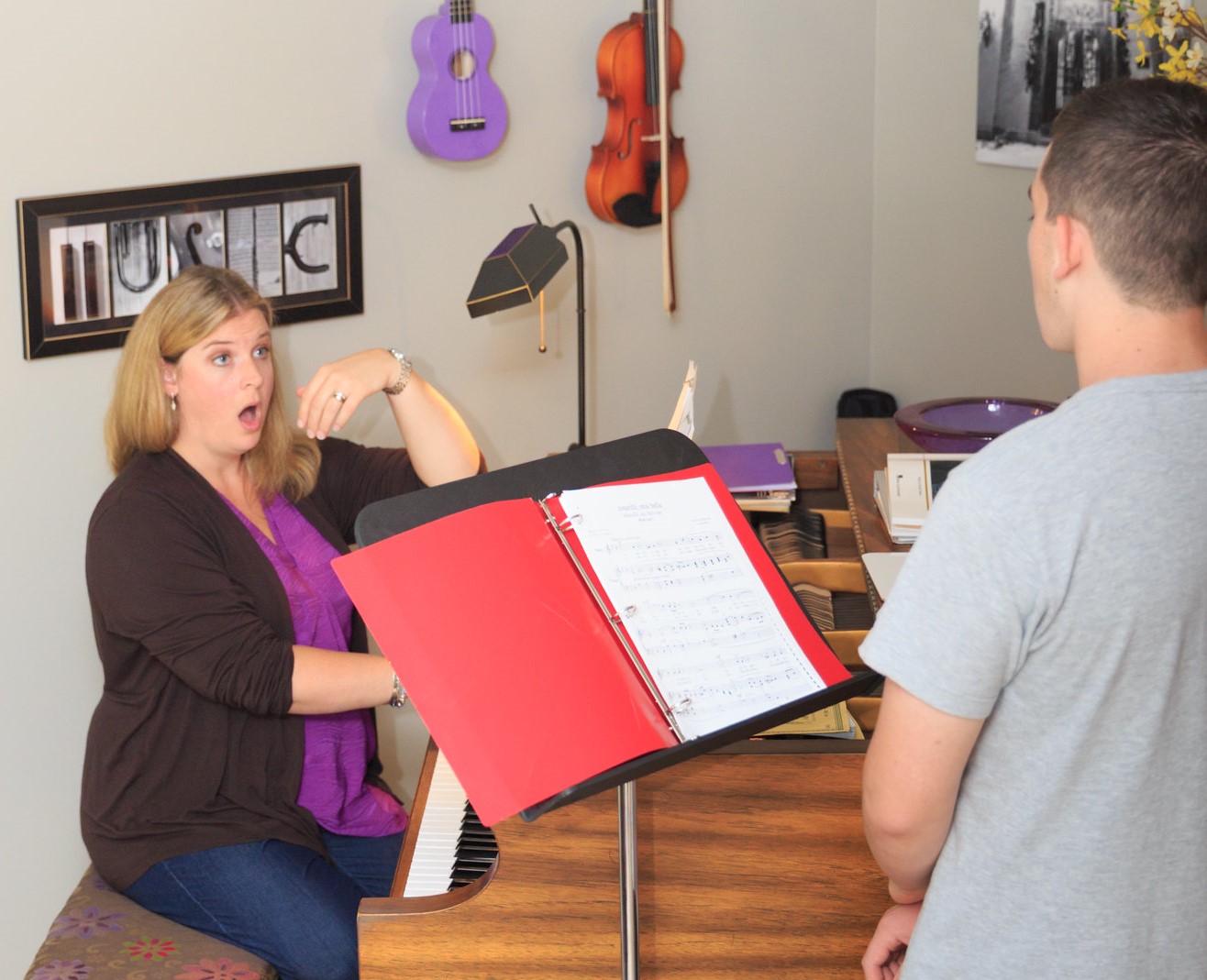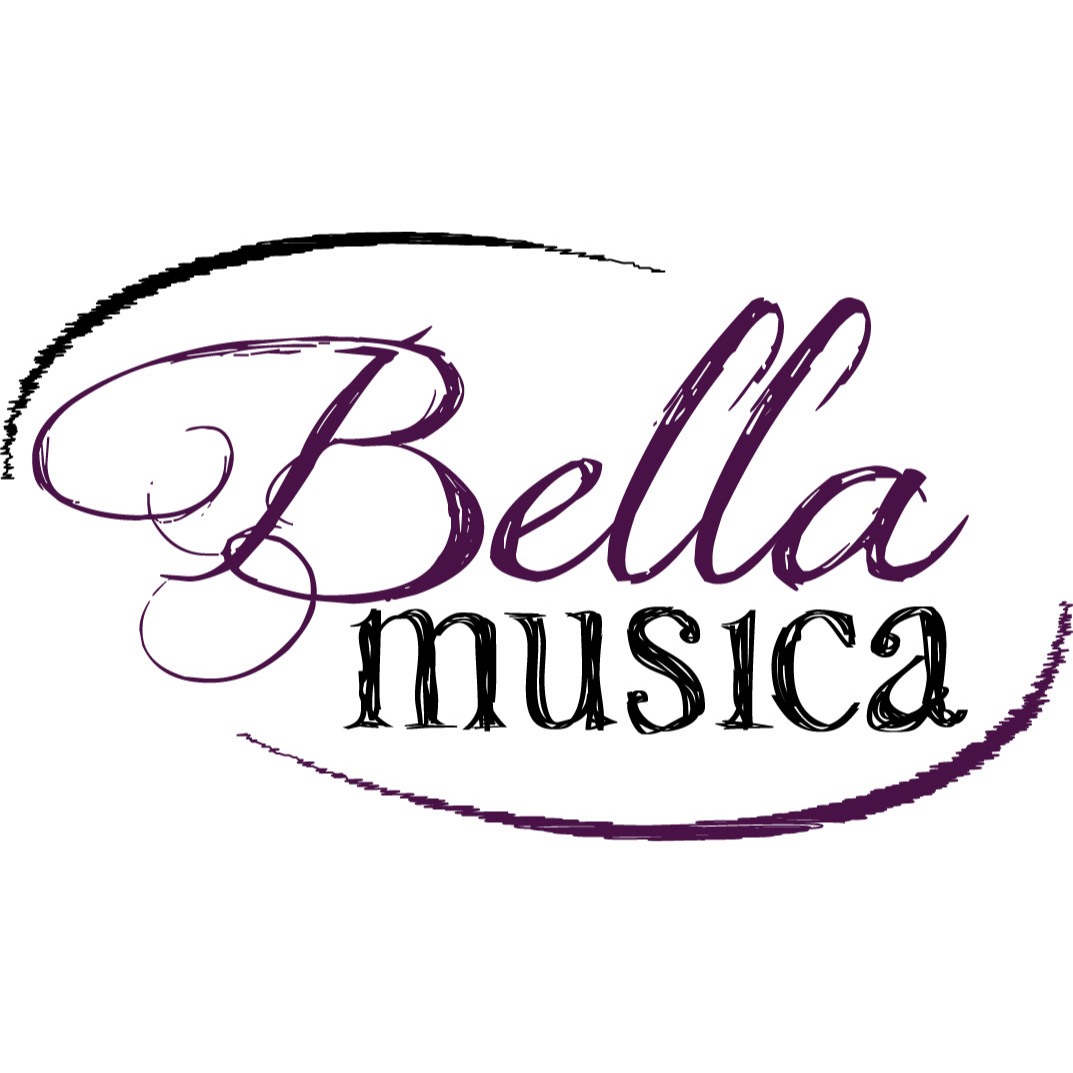The Goal Cycle: The path to musical independence
I believe the path to musical independence is firmly rooted in what I call the goal cycle. Goal setting, measuring, tracking, adjusting, and moving forward with new goals are a HUGE part of the Bella Musica studio culture. Potential students initially contact me because they have a goal or goals that they are trying to accomplish and they need some guidance or help doing that. Some might say, “Can’t you just take music for fun or for the sake of making music?” Absolutely! But isn’t even having fun a goal?! How do you know if it is fun? What factors are present for you to know you are having fun? You get my point – every desired outcome is a goal.
Goal Setting
When people come for their Get-to-Know-You session, I always ask “Why do you want to take lessons?” I sometimes get very specific answers – especially if the person in front of me has taken music lessons before or they want help preparing for a particular gig.
But, more often, I get pretty general answers, like:
- “I just want to sound better.”
- “I want to be able to sing while I play my guitar/piano.”
- “I don’t want to embarrass myself at Karaoke night.”
- “I just thought it would be fun.”
- “It’s always something I’ve wanted to do.”
Sometimes the follow up questions I ask will help us drill down to more specifics, but not always.
You don’t know, what you don’t know.
That can make it hard to set very specific goals in the beginning. So, we start with general goals:
- I want to read music.
- I want to learn a new instrument.
- I want to sound better (and then we try and define better or identify what they don’t currently like).
Then, we begin with fundamentals. I will set introductory goals for my students which help direct our lessons and their practice at home.
After we get started on some early things, then it’s time to ask the question again. Now that you’ve had some lessons and learned some fundamentals, what new goals or more defined goals do you have? Maybe you will have goals you never thought of before. This will help us get really clear about what we want to accomplish.
Then we track and measure….
How will we know when we’ve accomplished a goal and/or it’s time to redefine a goal? If we track and measure! You can’t track something if you don’t have data.
How do we gather data on music lessons?
- Record your lessons! Bring your smart phone or other preferred recording device and record your time with the teacher. Then, listen back at least once in between lessons. Take some notes on things that stuck out to you in your lesson – successes and things you still need or want to work on. Use your recorded lesson to guide your practice sessions. This will help you make sure that you are working on what we said you needed to.
- Perform! Participate in the performances (recitals and group classes) that are offered through the studio or other opportunities – like open mic nights, your church, perform for your friends and family, etc. Performance is where the rubber meets the road. You can really tell if you have accomplished a goal if you can execute it the way you want to in front of others.
Adjust the Goal
The data you collect will reveal that you are making progress and to keep pressing ahead toward the next step. It may also show that you need to revisit a fundamental and that’s okay too. But, either way, reviewing the data will guide you to what you need to do next. And if you are unsure, ask me! Ask your teacher to review your data and help you tweak your goals and next steps.
You may also need to break a larger goal into smaller parts. Here are two specific examples of what I mean:
For example, you singers our there want to improve your aural skills.
- Work through a workbook or text with your teacher specifically designed to help improve this skill. (Like the Full Voice series by Nikki Loney)
- Commit to practicing your aural skills, a cappella 3 to 4 times a week for 5 – 10 minutes each. (Look how specific and achievable that feels!)
- Make sure the songs you are currently working on are a skill level that affords you some obvious wins and has a couple of challenges. But don’t pick something that has an atonal accompaniment if you still find it difficult to outline a major triad sans accompaniment.
- Maybe you have the opportunity to join a community choir – singing with a group is a great way to improve aural skills.
- Record, record, record! Record your lessons and your practice sessions. Listen for intervals that are easy for you now and ones that you still find challenging.
An example for you pianists out there – you want to improve your rhythm skills
- Take a piece or portion of a piece you are working on and write the beats in – down to the smallest beat unit.
- Then clap the rhythm while you say the counts.
- Then play the line while you say the counts.
- Replace your counting with a metronome and see if you can still successfully play the line. If not, go back to step 2.
- Record, record, record – you will immediately hear a rhythm mistake if you record yourself and then listen back while following along in the music.
Move forward!
Once you feel like you have progressed past the goal point, move the goal line. Add on to the goal or make new ones based on what you’ve accomplished so far. Learn more advanced music or perform for a larger audience.
Goal setting and periodic evaluations are so important to making progress in anything you want to do, but especially on your path to musical independence. I love all my students. But, it is not my wish to make myself indispensable and have them depend on me forever. Musical independence is the ultimate goal! And setting, measuring, tracking, adjusting, and moving forward are how to get there.
Interested in getting some guidance in your goal setting toward musical independence? Become a studio member!
NOT TAKING LESSONS YET?
BECOME A MEMBER
If you are interested in voice or piano lessons and are ready to find out all the details. Hope on over to our Memberships page and choose the one that fits you! And if you aren’t sure what you need, let’s figure it out!




